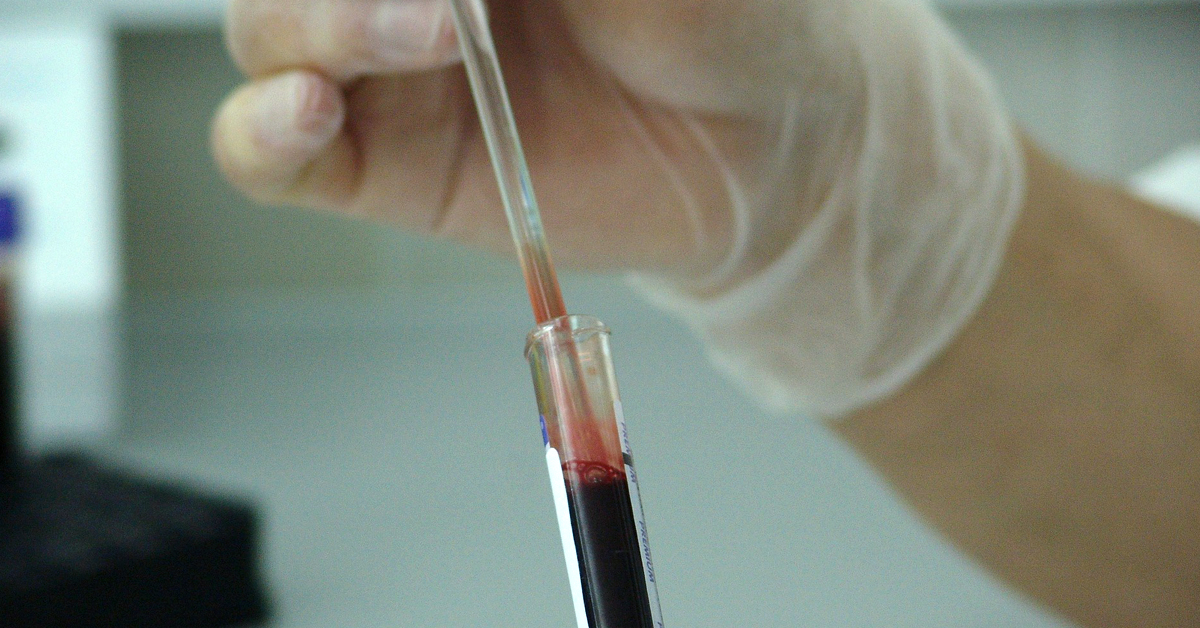In this week’s Innovation Partners BioBlog, some things stay the same while others are on the move. Aetna decided to keep its headquarters in Connecticut, reassuring the city of Hartford that it will stay put for at least a decade. Cancer detection is on the move with researchers at the University of Buffalo presenting a possible early cancer biomarker blood test that utilizes gold and smartphones. Such a test has enormous implications for rural and developing world healthcare which may lack access to clinics and hospitals for existing tests. This and more in this week’s Innovation Partners BioBlog.

CVS promises to keep Aetna HQ in Connecticut for the next decade
CVS promised to keep Aetna’s headquarters in Hartford, Connecticut, for the next decade. Last year, Aetna announced plans to move its headquarters to New York City, but the company put these plans on hold during the pending merger talks. In a commitment letter (PDF) to the state, CVS Executive Vice President, Chief Policy and External Affairs Officer and General Counsel Thomas Moriarty said the company would keep Aetna in its current location for the next 10 years. This move offers some stability amidst the shifting landscape brought about by the possible merger and will keep jobs in Connecticut.
Read More
Loxo, Blueprint drive forward with RET-targeting cancer therapies
Data presented over the weekend at the annual meeting of the American Thyroid Association, while early, provided evidence that new drugs developed by Loxo Oncology and Blueprint Medicines demonstrate effectiveness in inhibiting RET signaling in patients with two types of thyroid cancer. Treatment with LOXO-292 led to a 59% overall response rate (ORR) in 29 patients with RET-mutated medullary thyroid cancer (MTC), and nearly half of 35 evaluable MTC patients on Blueprint’s drug experienced a response, results showed.
Read More
Adherence to NCCN Breast Cancer Guidelines Improves Outcomes
Raju Kumar Vaddepally, MBBS, MD, and fellow study authors screened patients who were treated with neoadjuvant chemotherapy at the Henry Ford Health System in Detroit, Michigan from 2015 to 2016. In total, 46 patients met the criteria of the study. Dr. Vaddepally and his colleagues presented the study results at the American Society of Clinical Oncology Quality Care Symposium last month. The team assessed adherence to National Comprehensive Cancer Network (NCCN) guidelines in the neoadjuvant treatment of breast cancer and the impact on outcomes.
Read More
CMS ordered to pay Montana Health Co-op $1.2M in canceled CSR payments
A federal court rules that the Centers for Medicare & Medicaid Services (CMS) must pay Montana Health $1.2 million it was owed for the fourth quarter of 2017. The amount is less than a quarter of the $5.3 million the insurer said it was owed in its initial complaint. Montana Health did not object to the payment. The decision could have ripple effects on several other cases involving CSR payments.
Read More
With Deal Nearly Done, What’s Next for Cigna/Express Scripts?
The ink on the deal between Cigna and Express Scripts isn’t even dry yet, and experts are already pointing out new challenges. The two companies received a green light for a merger in September 2018, the first step among several to move forward with the potential merger. In this article, experts shine a light on other possible stumbling blocks the two companies must overcome. This includes the integration of two corporate cultures, marketing, and more.
Read More
Blues Plans Compete in North Carolina for Lucrative Medicaid Contracts
Anthem, Inc. unit Amerigroup Corp. and a joint effort by Blue Cross and Blue Shield of North Carolina and AmeriHealth Caritas will compete for some of North Carolina’s Medicaid business. The state Department of Health and Human Services released a request for proposals (RFP) in August seeking insurers to provide health care to most Medicaid and NC Health Choice (Children’s Health Insurance Program) beneficiaries. The state plans to move from fee-for-service to managed care. The RFP stems from the need for 1.5 million Medicaid recipients to move to private insurance by November 2019.
Read More
Portable cancer test uses smartphone, new gold biosensor
Early cancer diagnosis leads to better outcomes, and a University of Buffalo research team is taking this message to heart by developing new and better methods of early cancer detection. The new method utilizes a gold biosensor and smartphones or other portable computers to detect cancer biomarkers from blood samples. In addition to the potential in clinical settings, the new diagnostic tool may help people in developing countries with limited access to hospitals and clinics receive early diagnosis and treatment.
Read More



